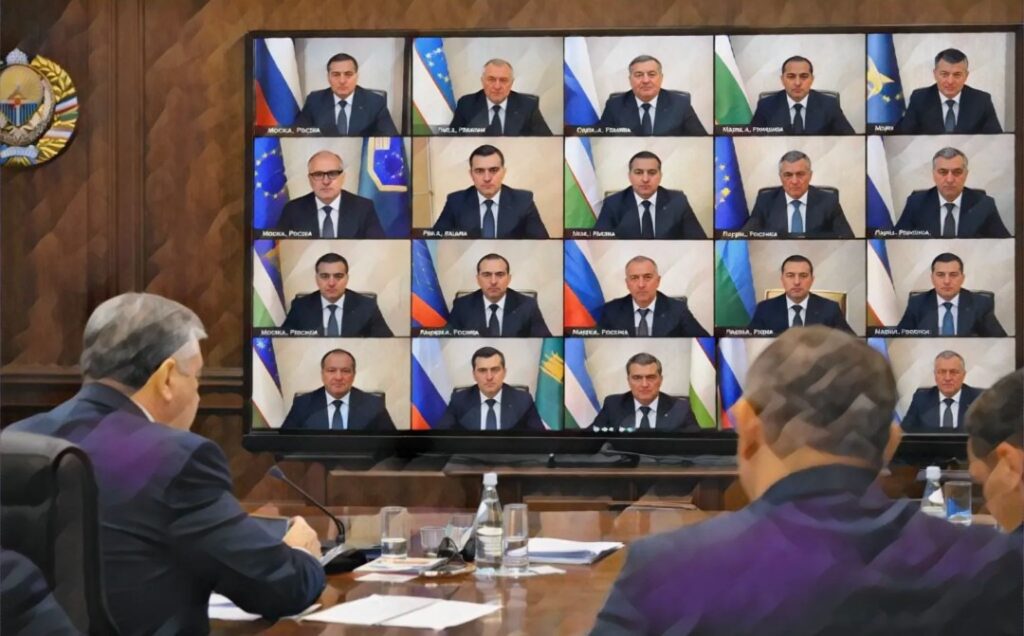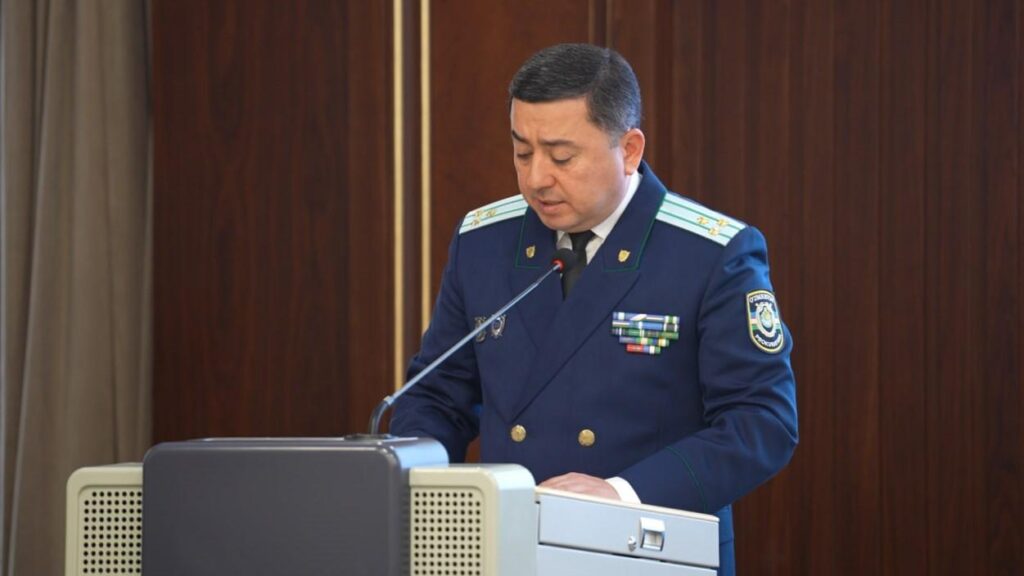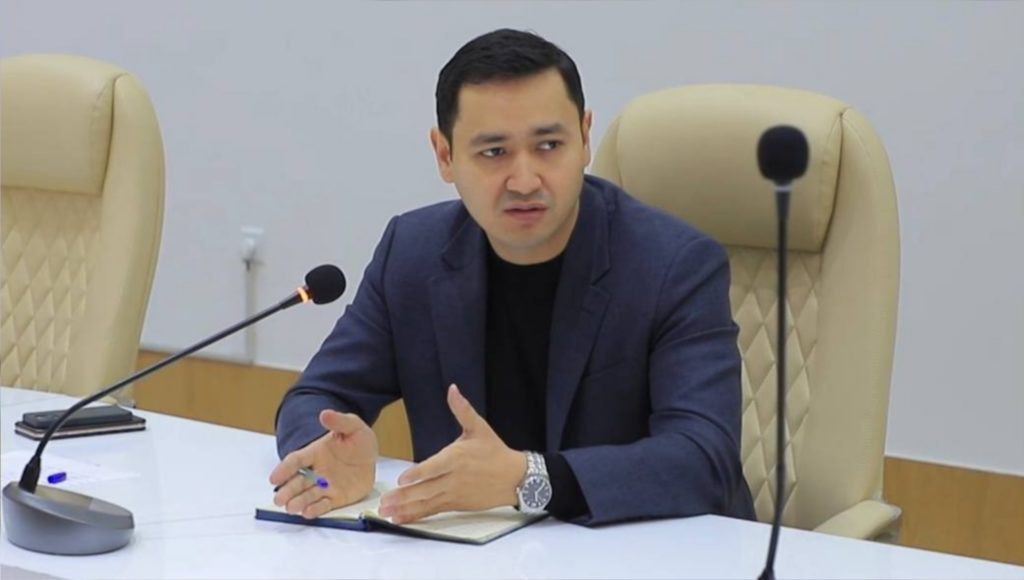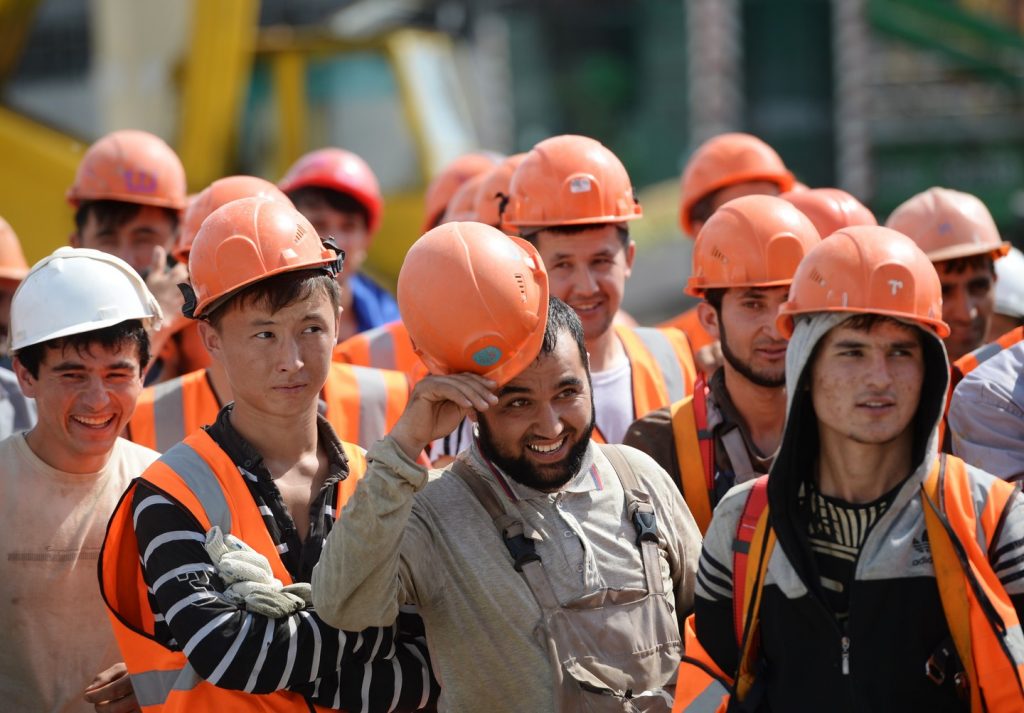Uzbekistan Urges Diplomats to Actively Defend Citizens Abroad
President Shavkat Mirziyoyev has directed Uzbekistan’s diplomats to take a more proactive role in protecting the rights of citizens living and working abroad, amid rising public concern over reported abuses during migration checks and raids in foreign countries. The issue was raised during a video conference chaired by Mirziyoyev on the performance of the Ministry of Foreign Affairs and the country's diplomatic missions overseas, according to the president’s press secretary. Mirziyoyev noted that the presence of Uzbek citizens residing abroad illegally remains a pressing issue for the state. In 2025, Uzbekistan secured a migration amnesty for more than 150,000 of its nationals in Russia. During the meeting, officials were instructed to intensify talks with other countries to facilitate legal employment pathways for Uzbek citizens, while also stressing that migrants must comply with the laws of their host countries. The president said that assisting labor migrants, particularly in countries experiencing rising inflows of Uzbek workers, must become a central responsibility of consular staff. Special attention was given to European states, where the number of Uzbek labor migrants has grown in recent years. He also called for the simplification of consular registration procedures and the elimination of excessive bureaucracy. Reports of rights violations during foreign law enforcement raids have triggered significant public backlash. Mirziyoyev criticized the Ministry of Foreign Affairs for often responding only with formal diplomatic notes, saying that ambassadors and consuls must provide qualified legal support and actively defend the interests of Uzbek citizens in such cases. The president also raised concerns about the risk of young people and students abroad being drawn into radical movements. He called on diplomats to abandon “cabinet diplomacy” and instead visit construction sites, dormitories, and classrooms to directly engage with citizens and address their needs. As part of the new measures, officials were instructed to establish a free call center for citizens abroad facing difficult situations, enabling rapid coordination with the relevant ministries. Separately, the Foreign Ministry has yet to confirm whether it has issued a diplomatic note in response to recent remarks by Russian propagandist Vladimir Solovyov, who suggested launching a “special military operation” in Central Asia. In an interview with Kun.uz, parliamentary deputy Bobur Bekmurodov said it may be premature to assess the ministry’s response but noted that Solovyov’s comments could warrant declaring him an undesirable person in Uzbekistan.






